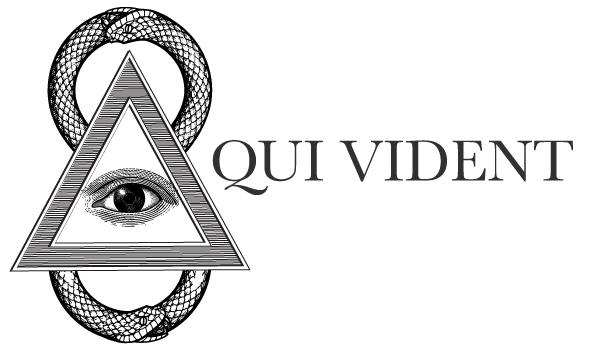Part I: Thelemic Philosophy
Prologue: Foundations
Chapter 1: Epistemology
Chapter 2: Metaphysics
Chapter 3: Ethics
Chapter 4: Politics
Ethics
At any point where you have more than a single person involved in any exchange through any means or method, you have the basis for ethics. If you were alone with no exchange with others, then you have no need for ethics (and, by extension, morality). A moral obligation to one’s self, which is an oxymoron at best, is not even a valid discussion. Because of the hyper-individualism fostered more by a lack of study — and Crowley’s hyperbole — than by any formal or proper hermeneutics, most seem to overlook the mandates toward community and, as a result, lack the understanding of an ethical scaffolding on the foundation of the Law.
In an ethics based on the Law of Thelema, a community can have no more so-called rights than the sum of its inhabitants. Given the amount of contradictory notions [merely represented in an online forum such as this], a Thelemic community with such notions would be just as contradictory and unsuccessful. There is a difference in diversity of thought within a group and a contradiction in fundamental perspectives among its members. The former is an indication of maturity. The latter is an indication of failure.
Philosophically, Crowley’s own argument [concerning ethics] is self-defeating in any case. One cannot say there are no standards of right and then declare that a star must go on its own orbit. That’s presenting a standard of right which has just been dismissed. Like more common relativists, Crowley fails to appreciate the paradox of his own position. At no point does the Law of Thelema dismiss standards of right or wrong or reject moral principles. The Book of the Law is full of such statements and standards, right and wrong, true and false. They are very different from the common religious standards as seen through the Christian lens of morality, but they exist nonetheless. The issue is not to dismiss them, but to define them. But in defining them, we must be very, very careful to recognize how different they really are from the manner in which even our own generation was raised. We must prevent our own inherited sense of morality—or our rebellion against it—filter into our examinations and definitions.
(unfinished)
Attribution
No part of this publication may be used or redistributed for any purpose without the express prior written consent of the author.
Canons of Thelemic Philosophy & Religion © 1996-2024 by Qui Vident.

Comments
If you wish to comment about the materials here, feedback is welcome. Feel free to email questions, comments, and concerns regarding the Canons to curate@quivident.co.